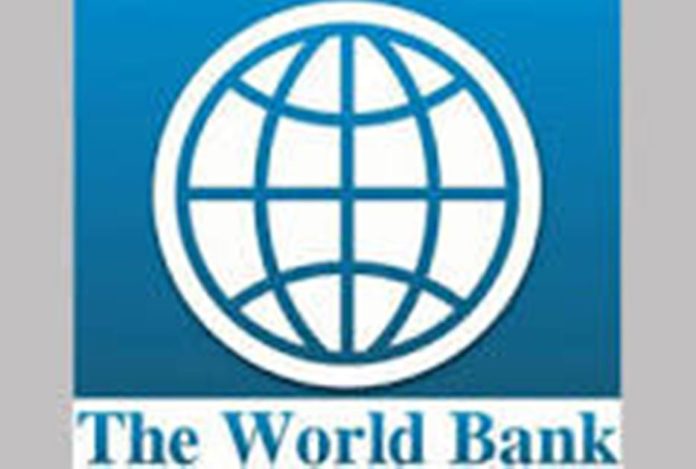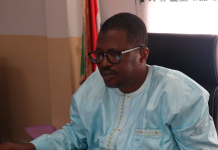Banjul, The Gambia – March 26, 2019:High prices and lack of appropriate infrastructure are the main barriers to electricity access in Sub-Saharan Africa, according to a report presented on Wednesday in Banjul by Moussa Blimpo, a World Bank Senior Economist, co-author of the book, with Malcom Cosgrove-Davies a former Energy Practice manager at the same institution, retired in April 2018.
According to Fafa Sanyang, Gambia Minister for Petroleum and Energy who chaired the presentation, “the Electricity Access in Sub-Saharan Africa: Uptake, Reliability, and Complementary Factors for Economic Impact report is a body of knowledge with vital information on electricity access including great lessons from countries with success stories around the world.”
The report indicates that African countries cannot afford to ignore what is keeping potential users from connecting and consuming higher quantities of electricity, and that electricity access expansion in Africa faces a dual challenge.
On one hand, faster access requires lower prices, since most households cannot afford to connect and pay tariffs that will allow utilities to recover their cost and to consume at meaningful levels. On the other hand, lower regulated tariffs, which could make access more affordable to more people, can exacerbate utilities’ already precarious financial situation.
“The best way to simultaneously make electricity more affordable for households and improve the financial viability of service providers is to focus on using electricity primarily for income generating activities,” said Moussa Blimpo. “This can build the economic capabilities of entire communities,” he added.
The report concludes that help translate electrification into economic impact, job creation and poverty reduction, countries should ensure the provision of reliable electricity, even if it comes at the expense of faster expansion of the share of the households with electricity access. Access without capacity and reliability will constrain economic impact and poverty reduction. stated the report.
The author also underlined the need for better coordination across sectors for greater impact. Electricity access must work together with access to credit, access to markets, and skills for lasting economic effects.
“Supporting the country’s commitment to achieve universal access to electricity by 2025 is a strategic priority of engagement in The Gambia. The World Bank’s active energy portfolio in The Gambia amounts to $175M for both national and regional projects,” Elene Imnadze, The World Bank Country Representative for The Gambia added.




















